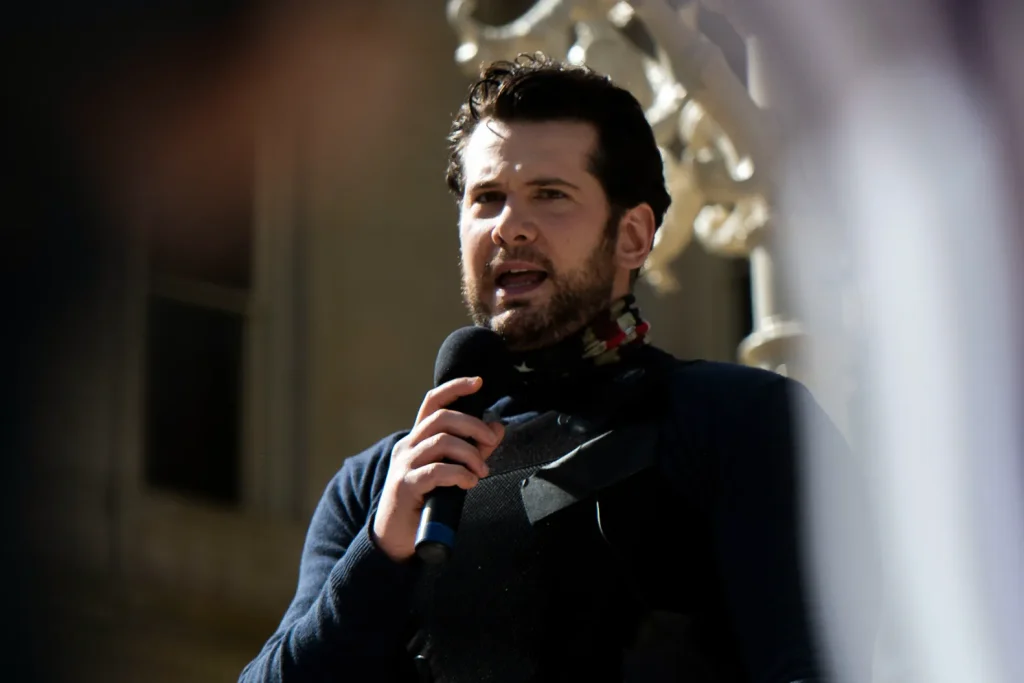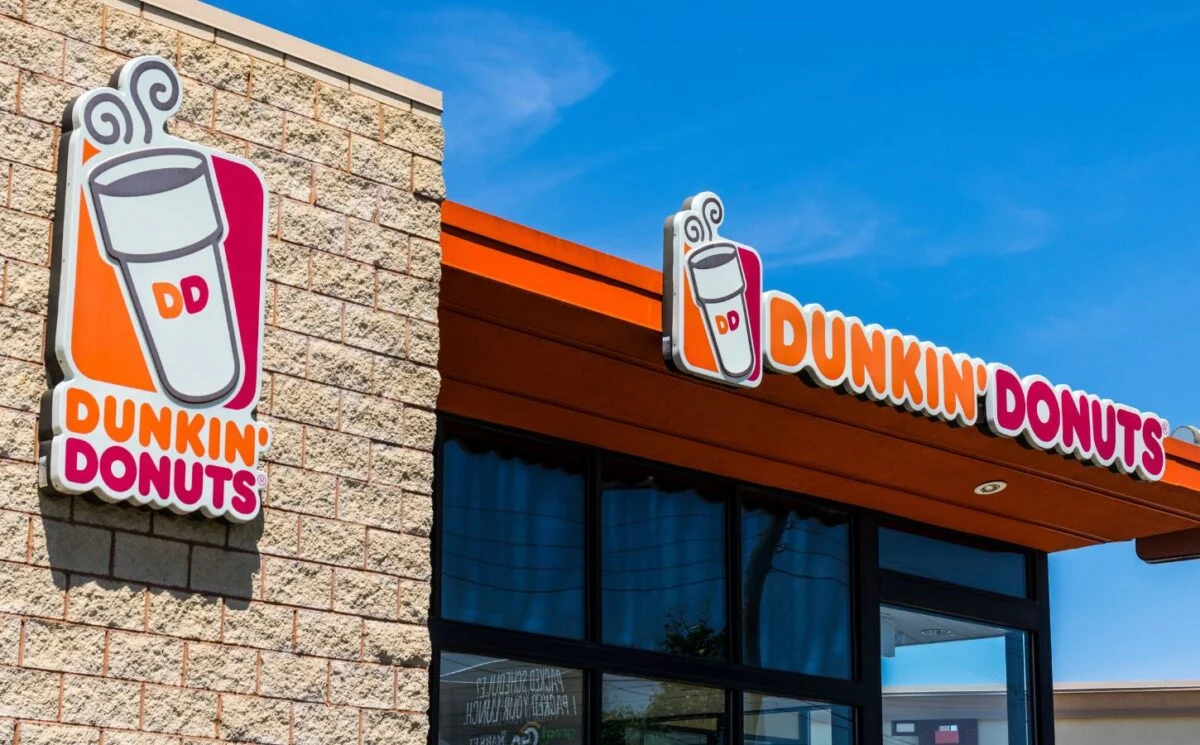Recently, the hashtag #BoycottDunkinDonuts has gained significant attention on X (formerly Twitter), leaving many people puzzled about the reason behind the call for a dunkin’ donuts boycott.
This incident marks another instance where social media users have rallied against a brand, though the specifics are often unclear from the tweets alone. Here’s a closer look at why people are calling for a Dunkin’ Donuts boycott.
What Sparked the Dunkin’ Donuts Boycott?
The current Dunkin’ Donuts boycott stems from a dispute over advertising policies. Chris Pavlovski, the CEO of Rumble, a video-sharing platform, disclosed that Dunkin’ Donuts had requested Rumble to drop right-wing commentator Steven Crowder and distance itself from right-wing content before considering advertising on the platform.
Pavlovski responded to Dunkin’ Donuts by stating, “No, we don’t discriminate. All cultures are welcome on Rumble.”
This controversy revolves around the conflict between Dunkin’ Donuts’ advertising preferences and Rumble’s content.
Crowder, a well-known right-wing commentator, had been banned and demonetized by platforms like YouTube before moving to Rumble. Despite Rumble’s smaller audience compared to larger platforms, Crowder continues to attract a significant viewership.
The Role of Rumble and Steven Crowder

Steven Crowder has been a controversial figure in the media landscape, frequently clashing with mainstream platforms.
After his permanent move to Rumble, he remained a prominent right-wing voice, drawing considerable attention and controversy. Rumble has been known for hosting content from various right-wing personalities, including Alex Jones and Tucker Carlson.
The Dunkin’ Donuts boycott highlights ongoing tensions between advertisers and content platforms. Some argue that Dunkin’ Donuts’ request to distance itself from Crowder and similar figures is a matter of brand protection and image management. Others view it as an infringement on free speech and a reflection of current polarized media dynamics.
Reactions and Impact
The Dunkin’ Donuts boycott has seen support from various figures on the right, including MAGA influencers.
Catturd, a well-known social media personality, criticized Dunkin’ Donuts’ decision and called for a boycott, comparing the situation to a previous boycott of Bud Light after a controversial campaign featuring a transgender influencer.
Steven Crowder has supported Pavlovski’s stance, encouraging his followers to boycott companies that avoid right-wing content. This aligns with Crowder’s broader message about standing against what he perceives as attempts to censor or exclude certain viewpoints.
Dunkin’ Donuts and Rumble’s Stance
In response to the backlash, Dunkin’ Donuts’ parent company, Inspire Brands, has yet to issue an official comment.
Inspire Brands also manages other well-known chains like Arby’s and Baskin Robbins. The company’s email, reportedly shared by Pavlovski, indicated that Dunkin’ Donuts found Rumble’s content too polarizing for its brand.
Rumble, on the other hand, has emphasized its commitment to diverse viewpoints, stating that it welcomes all cultures and perspectives. The platform’s response underscores its position on not censoring content based on political or ideological biases.
What’s Next?
The long-term impact of this boycott on Dunkin’ Donuts remains uncertain. The company will need to navigate the complexities of advertising in a highly polarized media environment.
This incident reflects broader challenges facing companies trying to balance their marketing strategies with evolving public expectations and political pressures.
As the situation develops, it will be interesting to see how it affects Dunkin’ Donuts’ business and its relationships with advertisers and consumers. For now, the debate continues, highlighting the intricate dynamics between media, advertising, and consumer activism in today’s digital age.






